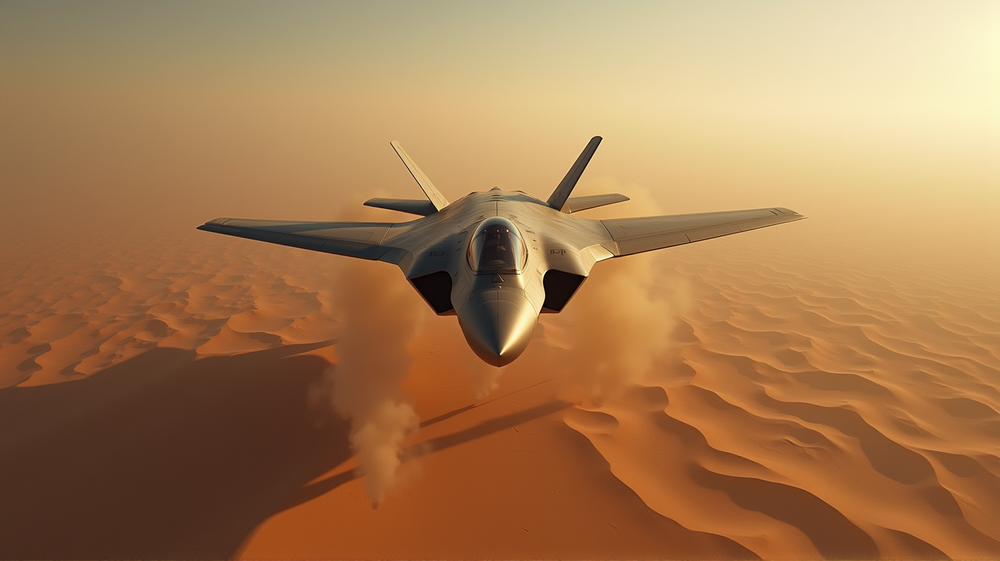With the world watching, President Donald Trump’s recent announcement of a “successful” bombing attack on three Iranian nuclear sites has sent ripples across the geopolitical landscape. These strikes on Fordo, Natanz, and Isfahan mark a pivotal moment in the ongoing tensions between Iran, the US, and its ally, Israel. According to BBC, the coordinated operation saw seven B-2 bombers and over two dozen Tomahawk cruise missiles deployed in a dramatic 18-hour mission.
The Strategic Undertaking
Operation Midnight Hammer stands as one of the most daring military operations seen in recent years. US Gen Dan Caine confirmed the involvement of 125 aircraft, including seven stealth bombers, in a complicated assault maneuver that saw decoy flights cast towards the Pacific as a counter-espionage measure. As the main strike team penetrated Iranian airspace, fighter jets ensured the skies remained clear of threats, culminating in the drop of 14 Massive Ordnance Penetrators at precisely targeted nuclear enrichment sites.
Assessing the Damage
As dawn breaks, the world is still coming to terms with the aftermath. Initial satellite images reveal six fresh craters indicative of unprecedented destructive force, while the Iranian Atomic Energy Organization denounces the strikes as a “barbaric violation” of international law. Experts caution against a hasty evaluation, though early indications point to severe infrastructural damage, potentially crippling Iran’s nuclear ambitions. Iran’s claims of prior evacuation, framed against the backdrop of international law, paint a complex picture.
The Ripple Effect
The attacks have incited a myriad of reactions: from promises of retaliation and missile volleys striking Tel Aviv and Haifa, to diplomatic calls for peace. With the specter of a formidable missile arsenal still at Iran’s disposal, analysts speculate on potential responses ranging from immediate retaliation to delayed countermeasures. Meanwhile, the US administration, lauding the support from “our allies in Israel,” remains steadfast in its stance against regime change, affirming its focus on Iran’s nuclear capacity.
Political and Global Reactions
Voices from Washington signal a mixed reception within political ranks. The airstrikes have ignited a firestorm of debate over presidential war powers and congressional oversight. Senators and lawmakers alike grapple with the implications of this new chapter in US Middle Eastern policy. Globally, the response is equally polarized. Leaders from the UK, UN, and EU voice caution and calls for restraint, while regional players issue urgent pleas for de-escalation.
The Path Forward
This dramatic episode adds a new dimension to the existing Israel-Iran air conflict, fuelling speculation and strategic recalibrations. With the proverbial sand still settling, the global community stands at a crossroads — the choice between confrontation and diplomacy lies as a daunting testament to the complexities of modern geopolitics.
As events unfold, the world watches closely, pondering whether this marks the onset of a broader conflict or a transformative moment in diplomacy.












